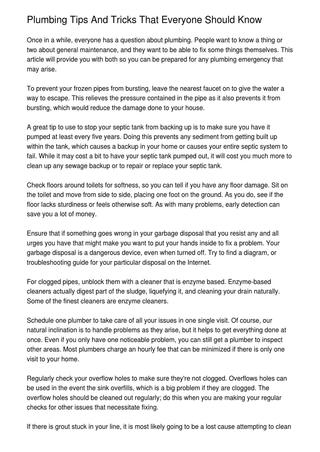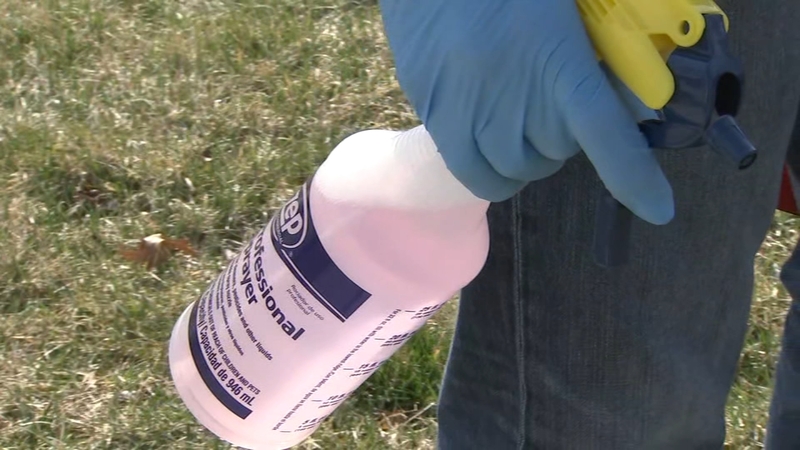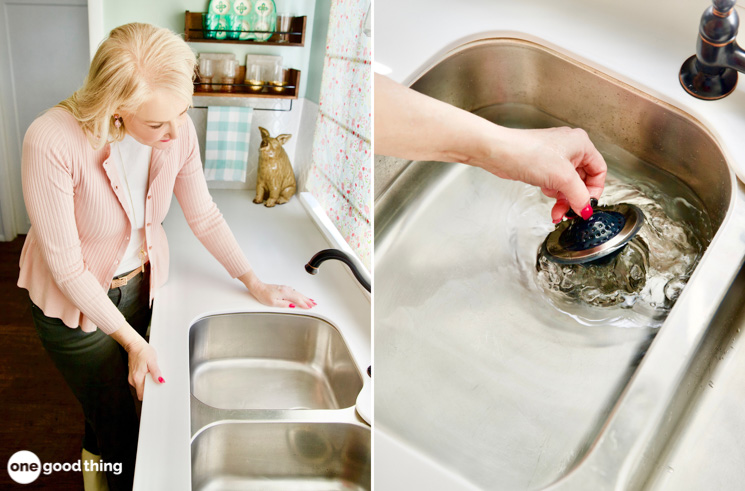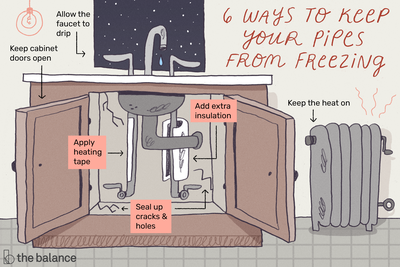When the plumber arrives, flooding can occur, causing irreparable damage. To protect your house and your belongings, there are ways you can protect your pipes so that you don’t have to call the plumber at all.
Here are some tips and tricks to help you. It is always better to avoid problems now so that you don’t have any major problems later. Are you ready to protect your home?
Fix problems early
Whenever you notice a leak, no matter how small, fix it immediately. If your pipes burst, it’s too late and you need to call a professional. Pipe rehabilitation packer are a useful way to partially relocate your pipes if they are cracked or damaged. These are airtight so you don’t have to worry about water droplets leaking out.
If the holes or cracks are very small, it may be efficient to seal the pipes with liquid silicone. However, this may not be as reliable as with pipe rehabilitation packers.
Clean drains regularly
Keeping your drains clean is an efficient way of preventing unpleasant sewage from leaking. It also protects your pipes in the long run, so you don’t have to do any repairs.
Make sure you don’t use one chemical drain cleanersas these can actually attack your pipes, causing them to tear. Instead, use half a cup of salt and wash it off with hot water. This will break down and wash away all of the dirt.
Filter your sink
Preventing pieces of food from flushing down the drain can help prevent clogging in the future. You can either do this by making sure you scrape any leftover food in the trash can or, preferably, a compost heap.
An alternative option is to buy a strainer for your drain that will catch the food. This can be emptied and cleaned regularly to control the size of the food that is being rinsed into the sink.
Keep the pipes warm
Keeping your pipes warm may seem like a ridiculous idea, but in winter they can sometimes freeze, causing cracks, and they can even burst. To make sure your pipes don’t freeze, you can wrap them with electrical tape. It also helps to keep the room warm, which you can do by using a heater or holding the thermostat up.
Make sure your water is flowing
Keeping your water running smoothly is just as important as stopping any leaks, as an interruption in flow can indicate other blockages that the drain cleaner cannot clear. Close the valve under the sink and clean it Aerator at the end of the tap before the valve is turned on again. This will ensure that your water pressure won’t build up and cause problems later.
Final thoughts
Following these tips are the first steps you can take to protect your plumbing system. Making sure your pipes are in good working order means the plumbing mold doesn’t have to help you out in the event of a flood. You save money and prevent water damage in your home. It’s easy, isn’t it?
 TopsDecor.com Home Decor Ideas
TopsDecor.com Home Decor Ideas







